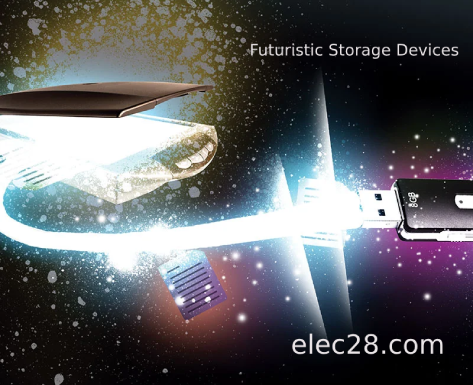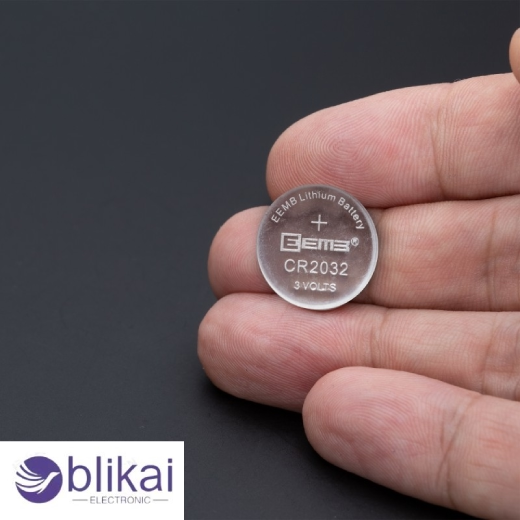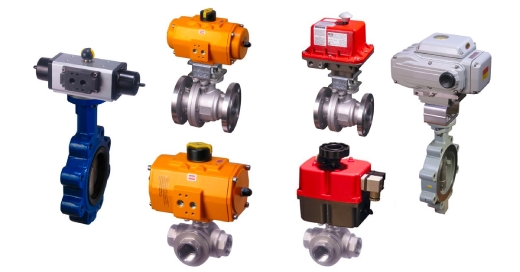
I. Introduction
A. Definition of futuristic storage devices
Modern technology is incorporated into futuristic storage devices to effectively store and handle data. These offer cutting-edge characteristics, including large capacity, quick access times, and safe data storage. Examples of these are solid-state drives (SSDs), holographic storage, DNA data storage, and more.

B. Importance of data handling in modern society
In today’s globalized world, effective data management is essential in many different industries. Efficient data handling procedures facilitate innovation, decision-making, and advancement in various fields, from enterprises processing enormous amounts of client data to academics evaluating intricate datasets.
II. Evolution of Storage Technology
A. Historical perspective
Over time, storage technology has advanced dramatically. Humans have always created ways to store and preserve information, from paper papers and magnetic tapes to cave drawings and clay tablets, setting the foundation for contemporary digital storage options.
B. Advancements leading to futuristic storage devices
The development of futuristic storage systems has been fueled by significant technological advancements like semiconductor technology, magnetic disk storage, and transistors. By improving capacity, speed, and dependability, these developments have completely changed data storage and reshaped the face of contemporary computing.

III. Key Features of Futuristic Storage Devices
A. Capacity and scalability
Futuristic storage devices offer vast capacities, from terabytes to petabytes, with scalability for evolving needs. This ensures seamless expansion without compromising performance.
B. Speed and efficiency
These devices use cutting-edge semiconductor technology, such as solid-state drives (SSDs), to provide blazingly quick read and write rates. Increased effectiveness speeds up data transfer and improves system performance.
C. Security measures
Robust encryption, biometric authentication, and malware protection ensure data integrity and confidentiality, effectively addressing modern cybersecurity concerns.
IV. Applications and Impacts
Futuristic storage devices have diverse applications across various sectors. In healthcare, they facilitate the secure storage and retrieval of patient records, aiding in diagnostics, treatment planning, and medical research. Similarly, in finance, these devices manage transactional data, ensuring compliance with regulatory standards while supporting efficient financial operations. Moreover, in the field of artificial intelligence, futuristic storage solutions enable the storage and processing of massive datasets essential for training machine learning models, driving advancements in automation, predictive analytics, and natural language processing.

V. Challenges and Future Directions
Technological challenges for futuristic storage systems include increasing data transfer speeds and reaching even larger capacities. Furthermore, it is still critical to address ethical data security and privacy issues. To overcome these obstacles and significantly enhance storage capacity, future directions call for ongoing research into innovative materials and technologies.
VI. Conclusion
To sum up, cutting-edge storage devices with unmatched capacity, speed, and security are critical developments in data handling technology. Their extensive use in a variety of industries highlights how important they are to foster creativity, productivity, and advancement in the digital era. These devices will be crucial in determining how data management develops in the future as technology advances.




